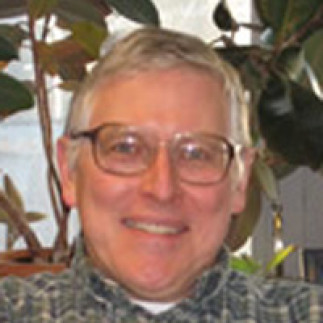Titre : Proximity Energy Framework for Biological Systems.
La conférence sera prononcée par le professeur Thomas Laue du Département des sciences moléculaires, cellulaires et biomédicales de l'University of New Hampshire. Elle sera donnée en anglais.
Résumé : In living systems proteins function in concentrated and complicated environments. Thus, while the reductionist approach of characterizing the structures and functions of isolated proteins will remain necessary, it is essential that we have a chemical framework to understand how they behave in vivo. That framework will tell us what instruments and methods are needed to study proteins in the post-reductionist era. The differences between studying a dilute solution of an isolated protein and understanding its behavior in vivo come down to coping with three new characteristics: greater system complexity, high concentrations and abundant, heterogeneous surface area. From a thermodynamic standpoint, the greater complexity means that we must recognize that many protein characteristics are system properties, and are not properties of the protein. Thermodynamically, high concentrations force us to be comfortable discussing the chemical activity of the protein and not just its concentration. Finally, the presence of diverse surfaces in vivo compels us to consider how a protein interacts with those surfaces, and the effect of the interaction on its chemical potential. It seems that the combined effects of the system complexity, high concentration and large surface area form a Gordian knot that cannot be understood by inductive reasoning. However, an understanding of colloid and surface chemistry can guide our understanding of cellular phenomena and, ultimately, help 'reverse engineer' how biological processes occur. This understanding will help us when we try to manipulate these processes for scientific or medical purposes. First and foremost, the key to understanding high concentration colloidal systems is the understanding of the electrostatics of the components.

